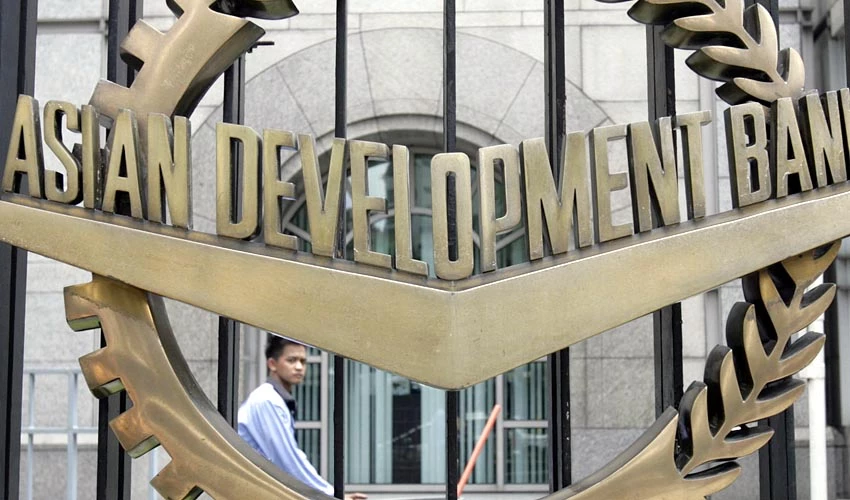ADB to give Pakistan US$1.5 billion to deal with food shortage and inflation

MANILA, PHILIPPINES (92 News) - The Asian Development Bank (ADB) has announced to give US$1. 5 billion to deal with the issues of food shortage and inflation.
According to sources, the grant will be approved in a couple of days.
On Tuesday, the ADB had announced plans to provide at least U$14 billion over 2022–2025 in a comprehensive programme of support to ease a worsening food crisis in Asia and the Pacific, and improve long-term food security by strengthening food systems against the impacts of climate change and biodiversity loss.
The assistance expands ADB’s already significant support for food security in the region, where nearly 1.1 billion people lack healthy diets due to poverty and food prices which have soared to record highs this year. The funding will be channeled through existing and new projects in sectors including farm inputs, food production and distribution, social protection, irrigation, and water resources management, as well as projects leveraging nature-based solutions.
The ADB will continue to invest in other activities which contribute to food security such as energy transition, transport, access to rural finance, environmental management, health, and education.
“This is a timely and urgently needed response to a crisis that is leaving too many poor families in Asia hungry and in deeper poverty,” said ADB President Masatsugu Asakawa, in remarks at ADB’s 55th Annual Meeting. “We need to act now, before the impacts of climate change worsen and further erode the region’s hard-won development gains. Our support will be targeted, integrated, and impactful to help vulnerable people, particularly vulnerable women, in the near-term, while bolstering food systems to reduce the impact of emerging and future food security risks.”
Asia and the Pacific is vulnerable to food shocks, as some of its countries depend on imported staples and fertilizer. Even before the invasion of Ukraine, nutritious food was unaffordable for significant portions of the population in many ADB low-income member countries.
“An important part of our long-term approach is to safeguard natural resources and support farmers and agribusinesses which produce and distribute much of the region’s food, and to promote open trade to ensure it reaches consumers efficiently,” said Mr. Asakawa.
Assistance under the program will start this year and continue through 2025. It will be drawn from across ADB’s sovereign and private sector operations, and seek to leverage an additional $5 billion in private sector cofinancing for food security.







